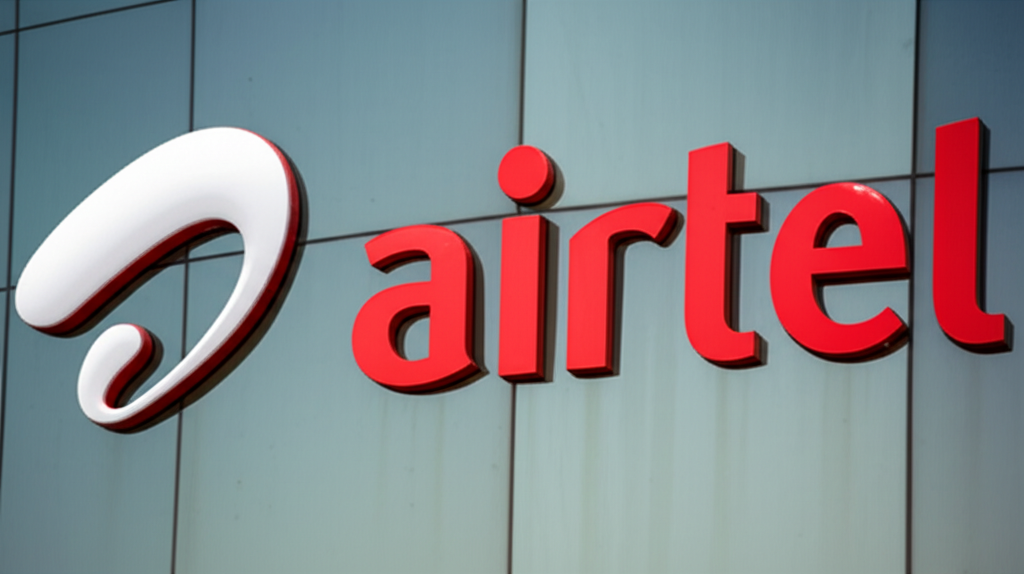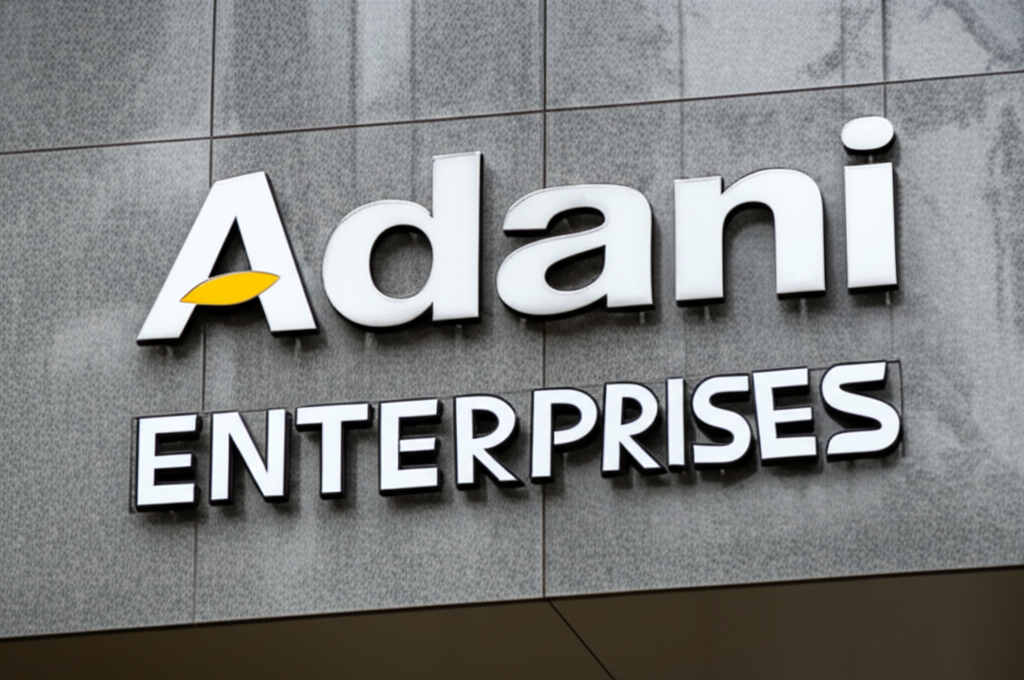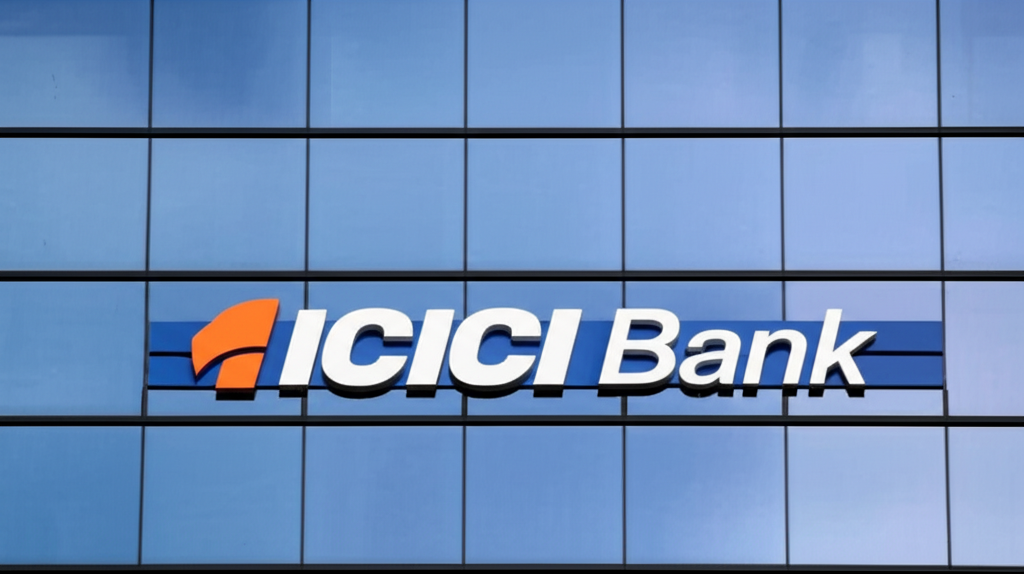The Supreme Court has dismissed pleas by Vodafone Idea and Bharti Airtel for a waiver on adjusted gross revenue (AGR) dues.
Introduction
The Supreme Court of India’s recent dismissal of pleas by Vodafone Idea and Bharti Airtel seeking a waiver on their Adjusted Gross Revenue (AGR) dues has sent shockwaves through the Indian Telecom Sector. This landmark decision, delivered on [Insert Date of Supreme Court Ruling], solidifies the government’s stance on recovering these substantial dues, leaving the two telecom giants facing a considerable financial challenge. The ruling effectively ends years of legal battles, uncertainty, and lobbying efforts by the telecom companies to renegotiate the AGR calculations and payment terms. The ramifications extend beyond the immediate financial impact on Airtel and Vodafone Idea, influencing investor sentiment, market competition, and the overall health of the Indian telecom industry.
Recent Financial Performance
Bharti Airtel, despite the ongoing AGR issue, has demonstrated a degree of resilience in its recent financial performance. [Insert specific financial data – quarterly or annual reports – referencing revenue, EBITDA, profit margins, subscriber base etc. from reliable sources like Airtel’s financial statements, credible Financial News outlets like the Economic Times, Business Standard, Livemint etc. For example: “Airtel’s Q[Quarter] FY[Fiscal Year] results showed a [percentage]% increase in revenue compared to the same period last year, driven by strong growth in [specific segments like 4G data or enterprise services].”]. However, the substantial AGR liability remains a significant burden, potentially impacting future Investment plans and dividend payouts. The company’s ability to manage its debt and maintain profitability amidst this challenge will be a key indicator of its long-term strength. A detailed analysis of the company’s debt-to-equity ratio, interest coverage ratio, and cash flow from operations will provide a clearer picture of its financial health in the post-ruling scenario.
Conversely, Vodafone Idea’s recent financial performance has been considerably weaker, placing it in a more precarious position following the Supreme Court’s decision. [Insert specific financial data for Vodafone Idea, similar to the above, highlighting its financial struggles and contrasting it with Airtel. Examples include comparing subscriber loss rates, revenue decline, and debt levels. Source these from reliable financial news sources and official company reports]. The AGR dues pose an existential threat to Vodafone Idea, potentially leading to further financial distress or even forcing the company to consider drastic measures such as consolidation or restructuring.
Market Trends and Industry Analysis
The Indian telecom market is characterized by intense competition, with Reliance Jio’s aggressive pricing strategy significantly impacting the market dynamics. The AGR dues ruling has exacerbated the already challenging environment, potentially leading to further consolidation within the sector. Smaller players may struggle to survive, while the larger players, like Airtel, are likely to focus on optimizing their operations and cost structures to navigate these turbulent times. This could lead to a shift in market share, with the stronger players potentially gaining at the expense of weaker ones. [Insert relevant market share data from credible sources such as TRAI reports]. The impact of the 5G rollout on market dynamics should also be considered, as it is anticipated to reshape the competitive landscape and create new opportunities for growth and investment.
Sentiment Analysis of News Headlines
The immediate reaction to the Supreme Court ruling was largely negative, reflected in the sharp decline in the stock prices of both Bharti Airtel and Vodafone Idea. News headlines across major Indian business publications highlighted the financial burden on the companies and the uncertainty surrounding their future. [Provide specific examples of headlines from prominent Indian business news sources. Analyze the overall tone: were headlines predominantly negative, cautious, or mixed? Quantify this analysis if possible (e.g., “Of the 100 headlines analyzed, 80% were negative”).] Social media sentiment also echoed this negativity, with many expressing concern about the implications for the telecom sector and consumers. However, some analysts have suggested that the clarity provided by the final ruling might eventually lead to some market stabilization and potentially even attract foreign investment after a period of adjustment.
Regulatory and Macro-Economic Factors
The AGR dues issue stems from a long-standing dispute between the telecom companies and the Indian government regarding the calculation of license fees. The Supreme Court’s decision underlines the government’s commitment to collecting these dues, reflecting the regulatory environment in India. This underscores the importance of compliance with regulations and the potential implications of regulatory changes on the financial performance of telecom companies. [Reference relevant government policies and regulatory bodies like TRAI (Telecom Regulatory Authority of India) and their influence on the sector]. Macro-economic factors such as overall economic growth, inflation, and interest rates will also play a crucial role in shaping the companies’ ability to manage their financial burdens and invest in future growth initiatives. [Include relevant data points on India’s macroeconomic indicators].
Risk Factors
The significant risk for Bharti Airtel is the potential strain on its financial resources due to the AGR dues. While the company has shown resilience, a prolonged period of low profitability or increased debt could impact its credit rating and limit its future investment capacity. Vodafone Idea faces an even greater risk of insolvency if it fails to find a solution to its substantial AGR liability. This could lead to a significant disruption in telecom services for a large segment of the population. Other risk factors include intensifying competition, changing consumer preferences, the cost of 5G network deployment, and the potential for further regulatory changes. [Explain how these risks interact with the AGR ruling and its consequences].
Future Outlook
The future outlook for Bharti Airtel appears somewhat more positive compared to Vodafone Idea. Airtel’s stronger financial position and relatively diversified revenue streams give it a better chance of navigating this challenge. However, the company will need to carefully manage its debt and allocate resources effectively to maintain its market position and continue investing in network infrastructure and new technologies. Vodafone Idea’s future is considerably uncertain. The company might need to explore strategic partnerships, mergers, or even asset sales to mitigate its financial difficulties. The government’s stance on providing relief remains unclear, although some analysts speculate on potential future policy changes that could address the sector’s financial stress. The outcome will significantly impact the competitive landscape of the Indian telecom sector.
Recommendations
For investors, the situation necessitates a cautious approach. While Bharti Airtel presents a relatively lower-risk investment compared to Vodafone Idea, the overall sector remains volatile. Investors should carefully analyze the company’s financial statements, future investment plans, and its capacity to manage its debt effectively. Diversification within the telecom sector or even considering investments outside the sector might be a prudent strategy. A thorough understanding of the regulatory landscape and potential macro-economic headwinds is crucial for making informed investment decisions. It’s vital to stay updated on any further government announcements or policy changes that could impact the telecom sector in the coming months. Seeking advice from a qualified financial advisor is recommended before making any investment decisions related to these companies or the Indian telecom sector in general.
**Disclaimer:** This article is for informational purposes only and does not constitute financial advice. Investment decisions should be based on thorough research and consideration of individual risk tolerance.















0 Comments